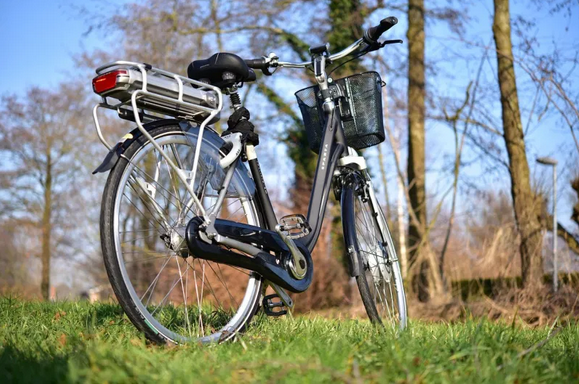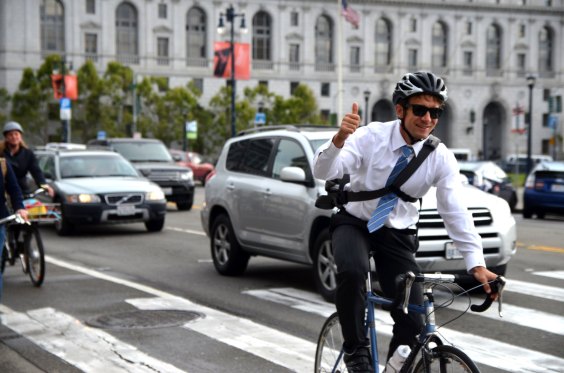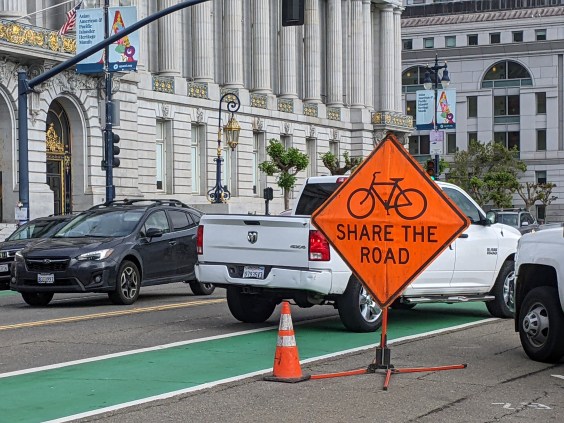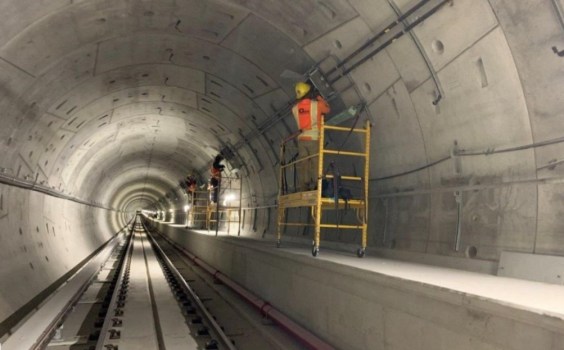CARB staff yesterday announced that the administrator of California's statewide e-bike incentive program will be Pedal Ahead, an organization that runs a program providing e-bikes to San Diego residents.
This program will provide $10 million in incentives - minus administrative costs, including developing a program and conducting public outreach. The plan is for the program to begin rollout in January 2023.
The applications have not been made available to the public, including how Pedal Ahead plans to work with partners (or which partners) and how it plans to roll out the program. The little information that is available [PDF] shows that a group called Rider Safety Visibility was the applicant, not Pedal Ahead, which is a program run by RSV.
Pedal Ahead was launched in September of 2020 by RSV in partnership with County Supervisor Nathan Fletcher, who is also a former CARB board member. Its purpose, according to the website, is "to serve as an alternative to automobile transportation through socially conscious transportation" by encouraging the use of e-bikes. San Diego residents can apply for an e-bike through the program, and then must log a certain number of miles per week through the Strava app, which tracks trip distances, and transportation and recreation patterns.
CARB staff held a workshop yesterday to discuss aspects of the still-in-formation program, including how to determine income eligibility and incentive amounts, who should be eligible, and what kinds of bikes should be eligible. Technical difficulties, including lacking a separate channel for Spanish translation, slowed the meeting and made it impossible to get to many of the questions. In addition, the main question for a number of commenters seemed to be how they could get money for an e-bike.
Nevertheless there was discussion around who should be prioritized for the program, which is aiming to advance equity and therefore will have some kind of income limitation. The current plan is to keep it consistent with other electric vehicle incentive programs, which would mean households that make 400 percent of the federal poverty level or less could be eligible.
But questions were raised about what that means, whether it would leave out people with some low-ish incomes such as teachers, and even how "household" would be defined. Some commenters emphasized that the goal of the program must be clearly articulated: is it to replace as many car trips as possible? One commenter suggested the program include a work requirement, opining that retired people are less likely to replace car trips with e-bike trips than people who must go to work daily. Others - rightly - pushed back on that, adding that childcare and grocery shopping can be equally important as work trips, and e-bikes can replace those trips just as easily.
There was also some concern expressed about the choice of Pedal Ahead as an administrator, including whether they have the expertise to launch such a crucial program. But the announcement was made mid-meeting and little more than the most basic information was provided.
Note that this program won't be rolling out until 2023 at the earliest, and it won't be the only source of incentives for e-bikes. Climate Action Center maintains a list of e-bike incentives, amounts, and eligibility.





